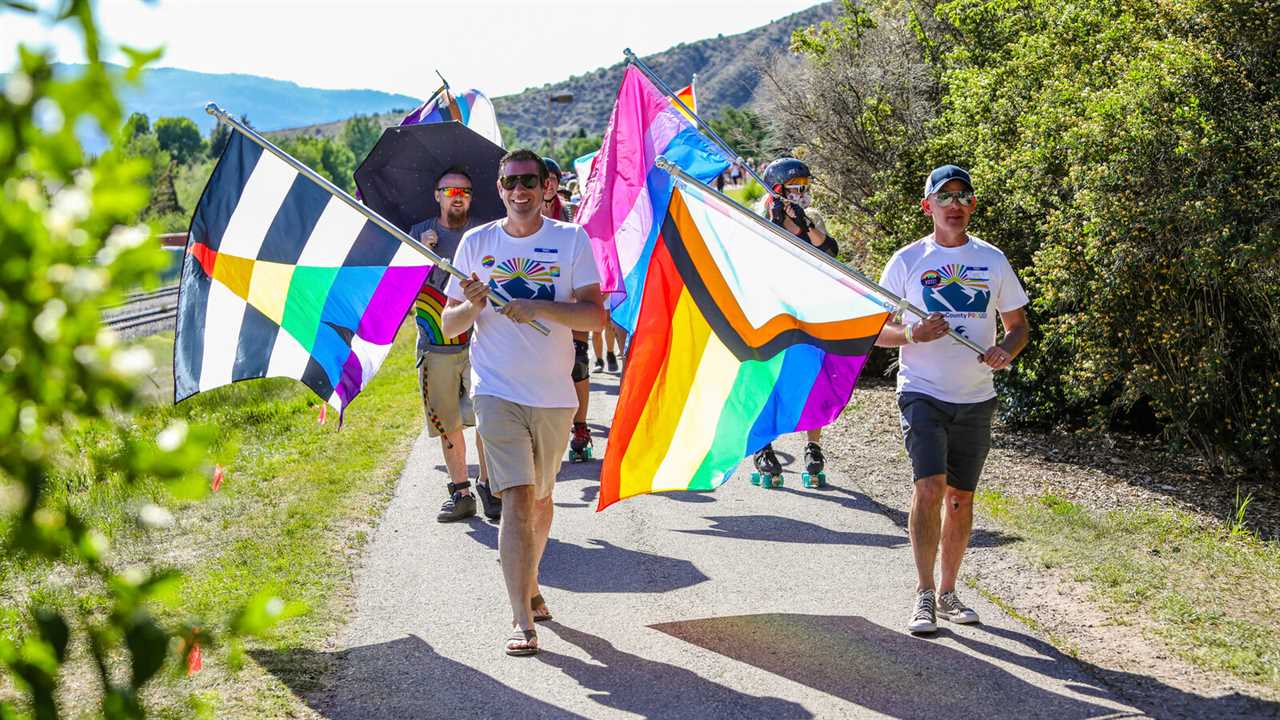
A national organization dedicated to increasing the number of L.G.B.T.Q. Americans who hold elected office began an effort on Wednesday to lobby states and localities to keep gay neighborhoods united as they begin the once-a-decade process of redrawing congressional districts and other political boundaries.
The group, the L.G.B.T.Q. Victory Fund, will push entities tasked with redistricting to consider gay communities as “communities of interest,” or populations with shared political priorities. Its campaign, called “We Belong Together,” was announced a day before the Census Bureau is expected to release data that will be used to inform redistricting.
“We’re a distinct population, and our voices need to be heard in government,” said Sean Meloy, the vice president of political programs at the Victory Fund. “We’re trying to empower more people to make that argument to their respective redistricting entity.”
In the redistricting process, the officials redrawing a state’s political lines often consider the impact of dividing groups that have shared political interests. Grouping such communities into so-called opportunity districts enables those voters to elect candidates of their choice. Black and Latino Americans have historically been considered communities of interest under the Voting Rights Act, helping to elect thousands of people of color to local, state and national posts. Advocates trying to increase the representation of L.G.B.T.Q. Americans hope to recreate that success.
According to a poll by Gallup, 5.6 percent of Americans identify as L.G.B.T.Q. But fewer than 1,000 elected officials in the United States — less than 0.2 percent — are openly gay, according to the L.G.B.T.Q. Victory Institute. And some areas where L.G.B.T.Q. residents are a higher percentage of the population, like Washington, D.C., have no openly gay representatives.
The Victory Fund plans to focus its lobbying on the five states where independent redistricting commissions, instead of elected officials, redraw political boundaries. But it said it would support any local organizations looking to further the effort.
“The L.G.B.T.Q. community is one that’s often forgotten about,” said State Representative Brianna Titone of Colorado, a Democrat. She signed a letter asking Colorado’s independent redistricting commission to treat L.G.B.T.Q. residents as a community of interest, arguing that the “community continues to fight for basic civil rights while experiencing hate and discrimination.”
“The commission knew that we care about this issue,” said Ms. Titone, who is the first transgender person to be elected to the Colorado legislature. “However, they need to be guided on where those communities exist so we can make sure that the maps reflect them.”
The Victory Fund hopes to capitalize on grass-roots momentum in areas where locals are already pushing for L.G.B.T.Q. residents to be considered a community of interest. In the absence of federal data, it is also relying on local advocates to identify where those residents live and congregate through other data points, like the locations of L.G.B.T.Q. businesses or health centers.
In the early 1990s in San Diego, advocates pulled together data from a variety of sources in order to push for a council district that would encompass all of Hillcrest, an L.G.B.T.Q. neighborhood. That district elected the city’s first openly gay official, and the seat has been consistently held by a member of the L.G.B.T.Q. community ever since. Several have moved on to higher office, including the city’s current mayor, Todd Gloria.
Activists cite that seat as evidence that a focus on redistricting is not only effective but can lead to a trickle-up effect in terms of political representation.
According to the Gallup poll, nearly 16 percent of Americans aged 24 or younger who are eligible to vote identify as L.G.B.T.Q., much higher than the 5.6 percent among all age groups. Mr. Meloy said the growing population highlighted the need to treat L.G.B.T.Q. Americans as a community of interest.
“We want to make sure this is standard practice the next time the census releases data,” Mr. Meloy said. “In order to even reach that 5.6 percent number — which is only going to increase — we need to elect 28,000 more people. So we’ve got a long way to go.”
Did you miss our previous article...
https://trendinginthenews.com/usa-politics/analysis-biden-finds-a-bipartisan-victory-but-democratic-unity-may-prove-more-elusive






